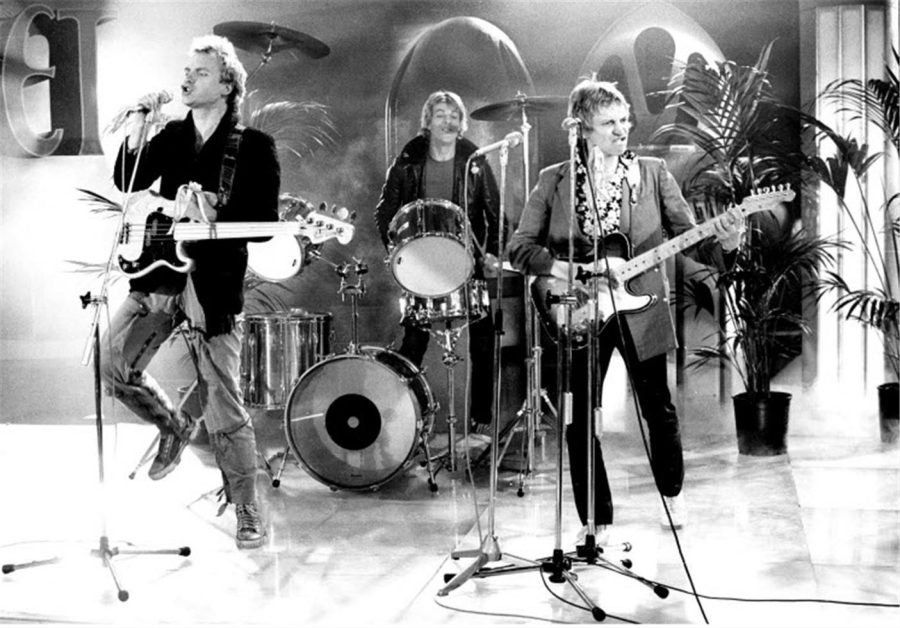Music should be celebrated not judged
Why do we judge people’s music tastes when we fear judgement ourselves.
I trudge onto the bus and collapse in a seat towards the rear, hitting the play button on my phone. I’m exhausted, and need to finish the day with some of my favorite music. But as I begin to tune out the world around me, my friend snatches my phone from my grip and begins scrolling. I make a quick motion to grab it back, but it’s too late. With a casual swipe of his finger, all my favorite bands—The Clash, Rush, The Police—flash across the screen. Slowly, an amused grin crosses his face. “What is this stuff?” The music that fuels my school days, workouts, and pre-game hype sessions is reduced to a joke. I force a smile and take back my phone as his eyes silently judge and mock me. All I wanted to do was listen to my music in peace. Why can’t I do that?
For those who don’t listen to mainstream music, such as classic rock lovers like myself, avoiding criticism based on a perceived obscurity of an artist or the era from which they came is all but impossible. Students at New Trier, myself included, care too much about what their classmates listen to.
Music is everywhere in our daily lives. Look around during your next passing period and you’ll notice at least five people within a 20-foot radius with AirPods stuffed in their ears. If you’ve ever played a sport, you’ll be familiar with that one teammate who never fails to bring loud music and a speaker to the 7 a.m. Saturday buses, much to the delight of the other 20 sleeping teenagers who get to share that experience.
It’s everywhere, and so the all-revealing question is hard to avoid: What do you listen to?
There’s nothing wrong with this. Music is out there to be played, talked about, debated, and enjoyed by lots of people all at once. This experience should be shared. (Why else did 400,000 people show up for Lollapalooza last year?) But it shouldn’t be nerve-wracking because of fears that people will ridicule you for what you listen to. As someone who grew up listening to the same music his parents did—which was called classic rock even when they first heard it—I often dance around the question of what kind of music I listen to and avoid asking the question myself. On the off chance that I meet someone who also enjoys the sound of loud, distorted guitars from 50 years ago, the experience is cathartic.
Furthermore, centering critique on the age or genre of the music is pointless. Music transcends time and can’t always be put in a box with other music of the same variety. Just because someone decided to stay with or diverge from the music their parents played on the car radio when they were kids doesn’t mean they can’t think for themselves or develop their own preferences.
At the same time, discussions around musical preference can be touchy because music is something that is very personal to most individuals. Music comes to our aid in our darkest moments, and when the first notes of that favorite song play on the radio, something strikes a note within us that can’t always be put into words. Thus, an attack on someone’s musical taste can often feel like an attack on the person themselves.
This doesn’t mean you shouldn’t talk about music. But there’s no reason to judge or draw assumptions on someone’s personality just because you dislike the artists they listen to. The library of music our school listens to is expansive and diverse—we can celebrate that without listening to all of it.
Admittedly, I fall into the same trap. Even as someone claiming to be victimized for listening to the same music his parents listened to, I still catch myself countering detractors with smug remarks on the superiority of 70s rock over rap or pop. No music genre is “superior” to another, and that’s okay. How something sounds is subjective and totally up to the listener to decide.
Unless, of course, it’s Taylor Swift. I can’t stand Taylor Swift.






































